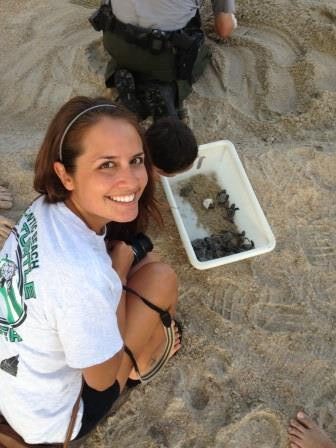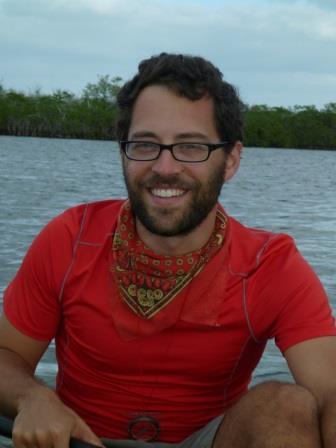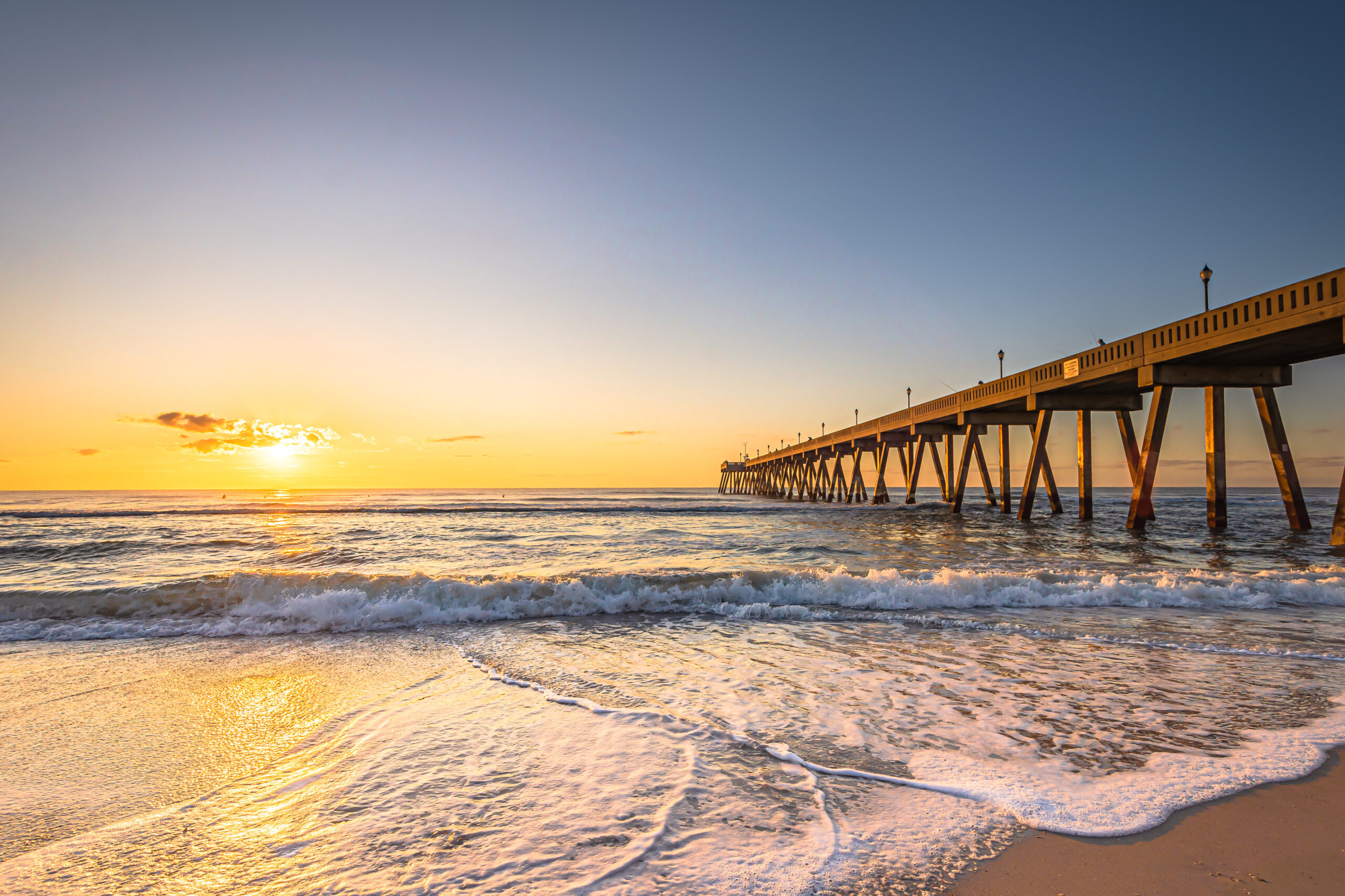
The North Carolina Coastal Policy Fellowship encourages graduate research that addresses contemporary or emerging issues within the state’s coastal counties. Fellows receive real-world experience, professional development opportunities, and avenues to inform stakeholders and the public about the results of their work.
“I was able to reach out to and meet influential people who I normally would not have been able to meet in person. I take away many new connections, as well as applicable knowledge and efficient research skills that I hope will take me far in my career,” says Kimberly Hernandez, one of two 2014 fellows.
“The fellowship was designed to support graduate students who are interested in coastal policy,” notes Lisa Schiavinato, co-director of the N.C. Coastal Resources Law, Planning, and Policy Center. “It provides an opportunity for students interested in coastal policy to advance their careers.”
She developed this funding opportunity to give students interested in coastal policy an opportunity to pursue smaller-scale projects. The Center — a partnership of North Carolina Sea Grant, and the University of North Carolina at Chapel Hill’s School of Law and Department of City and Regional Planning — continues to offer this semester-long fellowship, which started in 2013.
“I want them to zero in on a specific issue, look at it with a realistic viewpoint, examine the policy challenges and devise solutions,” explains Schiavinato, who also is coastal law, policy and community development specialist for Sea Grant.
Along the way, fellows get to build and hone skills that can help them in their careers.
“This fellowship trained me to become a more accountable, concise and engaging communicator,” Hernandez recalls. “It allowed me to build confidence not only in my research and writing abilities, but also in one-on-one meetings, cold-calling and public speaking.”

Mikey Goralnik, the other 2014 fellow, notes that he gained experience in self-directed research, project management and interdisciplinary collaboration.
Schiavinato gained something too. She built a mentoring relationship with Hernandez and Goralnik, an experience she found rewarding.
But this is just the beginning. Schiavinato has loftier goals. Her “pie in the sky” ambition is to turn this fellowship into an externship, combining academic research and in-office experience.
“It’s catching on in popularity,” Schiavinato notes. The fellowship already has drawn attention beyond law students. Hernandez and Goralnik, 2014 recipients, had science and design backgrounds, respectively.
“I wanted to pursue an interest that fell outside the scope of my design education, so the fellowship was the ideal way for me to satisfy my curiosity,” Goralnik says.
“It also enabled me to produce something that I hope can contribute to North Carolina’s coastal communities.”
Schiavinato is looking forward to the selection process for the third round of fellows. “We don’t know who we will end up with this time,” she says. “That’s the fun part.”
To learn more about this fellowship go to www.nccoastallaw.org and click on Fellowships & Internships. Read on to find out what Goralink and Hernandez researched during their time as fellows.
Drawing Board to Estuary
Mikey Goralnik explains how designers can contribute to a sustainable coast.
Protecting Beaches and Sea Turtles
Kimberly Hernandez discusses how beach renourishment affects sea turtles.
For the fellows’ full reports, contact Lisa Schiavinato at lisa_schiavinato@ncsu.edu.
This article was published in the Holiday 2014 issue of Coastwatch.
For contact information and reprint requests, visit ncseagrant.ncsu.edu/coastwatch/contact/.
- Categories:



